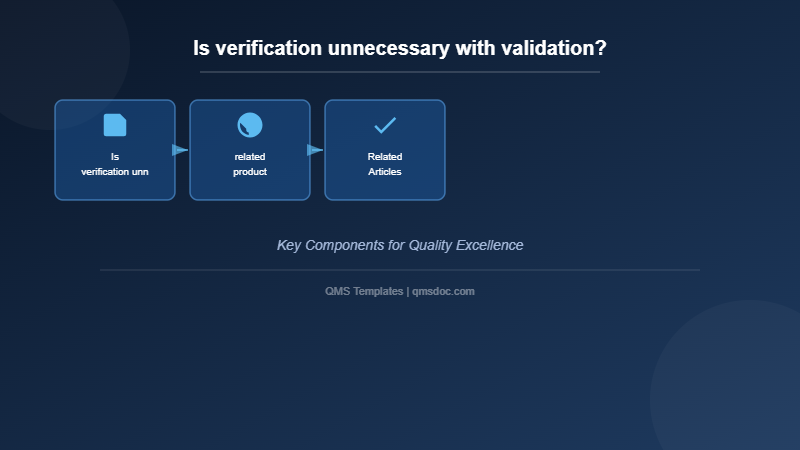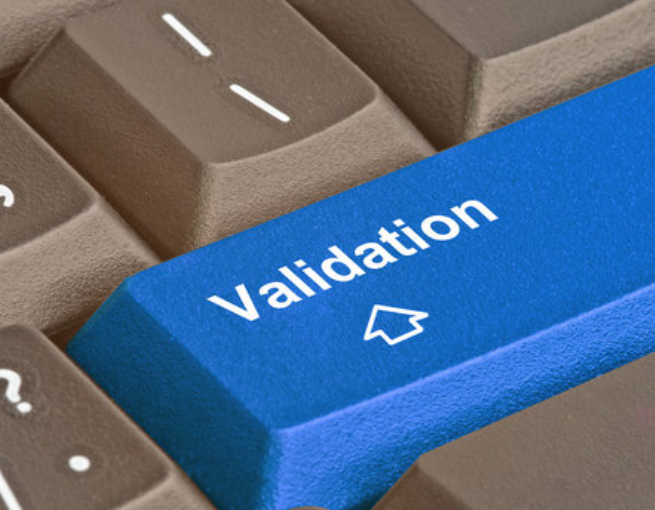…
Is verification unnecessary with validation?

As we have mentioned many times before, validation is to prove that a product can be proof that the product can be manufactured, and verification means that the product is manufactured.
In other words, “validation” is future tense and “verification” is past tense.
In the case of medical devices, process validation is required mainly for special processes.
A special process is a process that involves destructive inspection. If the product is destroyed, it cannot be shipped as a product, so sampling (sampling) inspections are inevitable. In other words, validation must be conducted in advance because it is not possible to verify all the products after manufacturing.
Examples of special processes include soldering, sterilization, crimping, welding, crimping, and gluing.
The author is often asked whether verification is unnecessary if the process is validated. The answer is no.
Validation is a high degree of assurance that the products manufactured by the process in question fall within product specifications.
However, even when manufactured using a validated process, structural equipment failure and routine human errors (e.g., misunderstandings, assumptions, etc.) can still occur.
There is also a risk that structural equipment will degrade over time.
Therefore, even in a validated process, it is desirable to perform verifications by sampling during shipment inspection, etc. is desirable.
Examples include aseptic testing in the sterilization process and burst testing of sealing in packaging.
related product
[blogcard url=”https://xn--2lwu4a.jp/qms-md/” title=”QMS(手順書)ひな形 医療機器関連” ]]]>
Related Articles
- Is Verification Unnecessary if Validation is Performed?
- Understanding the Difference Between Validation and Verification
- The Difference Between Validation and Verification
- Why Validation is Future-Tense While Verification is Past-Tense: Understanding the Temporal Philosophy of Quality Assurance
- From “Validation” to “Verification”: The Evolution of CSV Approaches
- From “Validation” to “Verification


Comment